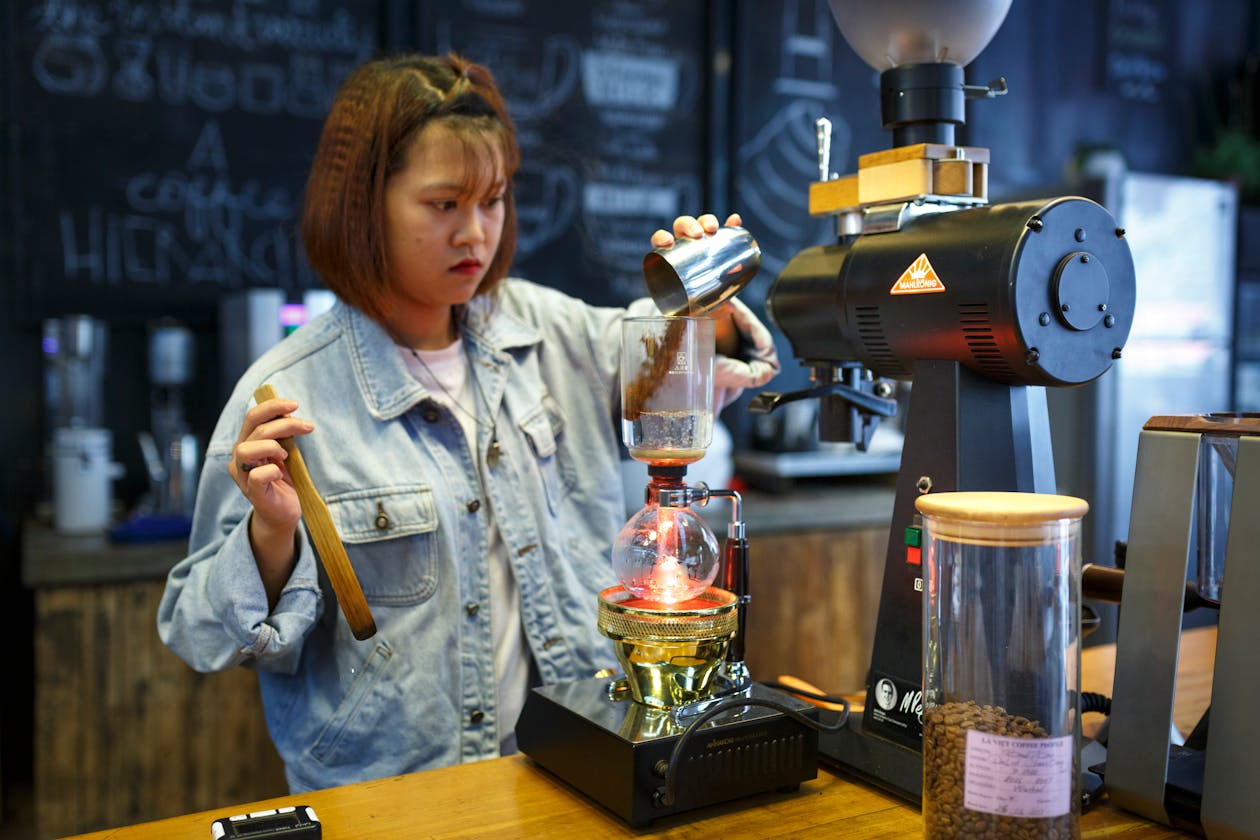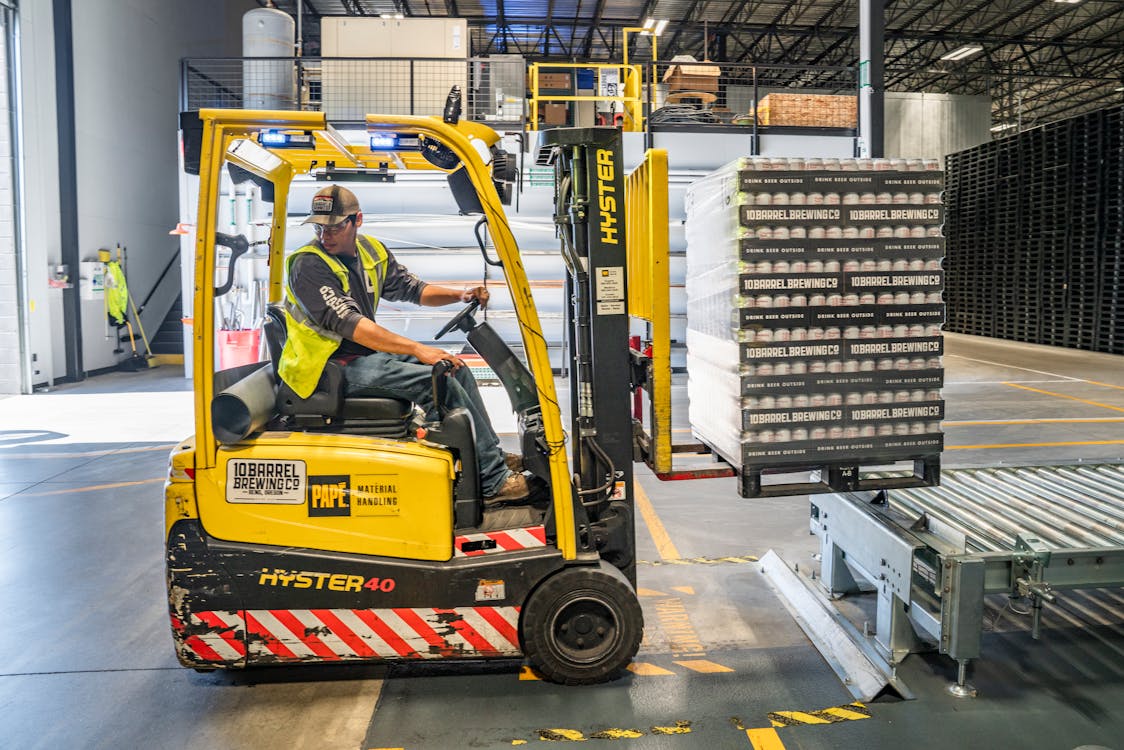Embarking on a factory tour in Vietnam can be a pivotal step for businesses looking to source products. This comprehensive guide aims to equip you with the knowledge and insights needed to navigate the manufacturing landscape in Vietnam effectively.
Table of Contents
- Why Choose Vietnam for Sourcing?
- Preparing for Your Factory Tour
- Finding the Right Factories
- Conducting the Factory Tour
- Evaluating Factories Post-Tour
- Negotiating Contracts
- Logistics and Shipping
- Ethical and Sustainable Sourcing
- Common Challenges and How to Overcome Them
- Conclusion
Why Choose Vietnam for Sourcing?
Vietnam has emerged as a leading destination for manufacturing and sourcing due to its competitive labor costs, strategic location, and rapidly improving infrastructure. Additionally, the country’s commitment to trade liberalization and economic reforms have made it an attractive option for foreign investors.
Vietnam’s ascent as a global manufacturing hub is no accident. The country offers a compelling mix of advantages for businesses looking to source high-quality, cost-effective products. Its strategic geographic location, with access to major sea routes, facilitates efficient international shipping, significantly reducing logistics costs. Moreover, Vietnam’s workforce is not only abundant but also highly skilled, particularly in areas such as textiles, electronics, and furniture manufacturing.
The government’s proactive approach to economic development, characterized by trade liberalization and investment in infrastructure, has created an enabling environment for foreign businesses. Significant free trade agreements, such as the Comprehensive and Progressive Agreement for Trans-Pacific Partnership (CPTPP) and the EU-Vietnam Free Trade Agreement (EVFTA), have positioned Vietnam as an attractive alternative to traditional manufacturing powerhouses. These agreements offer reduced tariffs and enhanced access to major markets, making Vietnam an increasingly attractive sourcing destination.

Additionally, Vietnam’s manufacturing sector is known for its versatility, capable of producing a wide range of goods from basic garments to high-tech electronics. This diversity allows businesses across various industries to find a reliable manufacturing base in Vietnam. The government’s commitment to improving business regulations and infrastructure, such as roads, ports, and power supply, further enhances the country’s appeal as a manufacturing and sourcing destination.
Preparing for Your Factory Tour
Effective preparation is crucial for a successful factory tour. This includes understanding your product requirements, setting clear objectives for your visit, and familiarizing yourself with Vietnamese business culture.
- Define your product specifications and requirements clearly.
- Research potential factories and shortlist candidates.
- Arrange appointments and logistics for your visit.
- Understand basic Vietnamese etiquette and business practices.
.
Preparing for a factory tour in Vietnam is akin to laying the groundwork for a successful partnership. It starts with a thorough understanding of your product needs and business goals. Defining your product specifications, quality standards, and compliance requirements in advance sets a clear agenda for your visit. Researching potential factories through online directories, industry contacts, and trade shows helps in creating a targeted list of candidates that align with your business values and production needs.
Cultural preparation is also paramount. Understanding the nuances of Vietnamese business etiquette—such as the importance of formal greetings, gift-giving, and the use of both hands when exchanging business cards—can make a significant difference in building rapport. Additionally, learning a few basic phrases in Vietnamese can go a long way in showing respect and eagerness to engage with local partners.

Logistics play a critical role in your preparation. This includes arranging for transportation, accommodation, and, if necessary, an interpreter. It’s advisable to schedule meetings well in advance and confirm them a few days before your visit. Being mindful of national holidays and working hours can prevent scheduling conflicts. Drafting a detailed itinerary that allows flexibility for extended discussions or unforeseen visits to additional facilities will ensure a productive trip.
Finding the Right Factories
Identifying and selecting the right factory partners is fundamental. Utilize online directories, trade shows, and industry contacts to create a list of potential factories. Consider factors such as production capacity, quality control procedures, and previous client experiences.
The process of finding the right factories in Vietnam involves a strategic blend of research, vetting, and firsthand evaluation. Start with identifying factories that have experience in producing the type of product you are looking to source. Utilizing online platforms, industry-specific directories, and trade shows can provide a preliminary list of potential partners. Pay close attention to the factory’s history, client testimonials, and any certifications that attest to their quality and ethical standards.
Conducting due diligence is crucial. This might involve background checks for business licenses, financial stability, and compliance with international labor and environmental standards. Reaching out to existing or past clients of the factory can provide valuable insights into their reliability, communication practices, and quality of work.
Engaging with local trade organizations or hiring a sourcing agent can offer additional perspectives and local expertise. These professionals can assist in navigating the complexities of the Vietnamese manufacturing landscape, offering a shortcut to identifying factories that meet your specific requirements. They can also facilitate initial communications and set up meetings, providing an invaluable bridge between your business and local manufacturers.

By thoroughly vetting potential factories, you not only mitigate risks but also lay the foundation for a long-term partnership based on mutual trust and understanding. This preliminary effort ensures that the factories you choose to visit are more likely to align with your business objectives, making your factory tours more focused and productive.
Conducting the Factory Tour
During the tour, pay close attention to the factory’s operations, workforce, machinery, and quality control processes. This is also an opportunity to discuss your requirements in detail and build a rapport with the factory management.
- Review the factory’s certifications and compliance documents.
- Inspect the production lines and quality control measures.
- Discuss your product specifications and customization options.
- Meet with key personnel, including management and production staff.
A factory tour is more than just a walkthrough; it’s an opportunity to gain insights into the operational capabilities and business practices of potential manufacturing partners. When conducting a factory tour in Vietnam, start with an open discussion about your company’s goals, product specifications, and quality expectations. This conversation sets the stage for a productive visit and demonstrates your interest in a collaborative partnership.
As you move through the production areas, observe the cleanliness and organization of the facilities. These aspects can be indicators of the factory’s commitment to quality and efficiency. Pay attention to the technology and machinery being used. Are they modern and well-maintained? This can give you an idea of the factory’s capability to produce high-quality products and innovate.
The workforce is another critical component. Assess the working conditions and the general demeanor of the employees. A content and skilled workforce is essential for maintaining high production standards. Additionally, inquire about the factory’s labor practices to ensure they align with ethical sourcing standards.
Quality control processes are the backbone of manufacturing. During your tour, ask to see examples of quality control checkpoints and discuss how defects are managed. Understanding their approach to quality assurance can help you gauge whether their standards meet your requirements.
Finally, meeting with key personnel, including production managers, quality control supervisors, and senior leadership, can provide valuable insights into the company’s business practices, communication processes, and long-term reliability. Building a strong relationship with these individuals can be beneficial for future collaboration.
Evaluating Factories Post-Tour
After visiting the factories, evaluate each based on your observations and interactions. Consider their capabilities, willingness to meet your requirements, and the overall impression of their operations and staff.
Compare your observations against your initial criteria and requirements. It’s important to consider not only the tangible aspects, such as product quality and production capacity, but also intangible factors like potential for long-term partnership, trustworthiness, and the alignment of business values.

Feedback from your team members who joined the tour can provide different perspectives and help in making a more informed decision. Additionally, follow up with the factories for any unanswered questions or clarifications, and if possible, request samples of the products to assess the quality firsthand.
Choosing the right factory is a balancing act between quality, cost, reliability, and ethical considerations. The decision should not be rushed, and due diligence at this stage can prevent costly mistakes in the future.
Negotiating Contracts
Negotiating favorable terms is critical for a fruitful partnership. Focus on aspects such as pricing, payment terms, lead times, and minimum order quantities. It’s also important to agree on quality standards and dispute resolution mechanisms.
A good negotiation strategy involves understanding the factory’s perspective and finding common ground that benefits both parties. Be transparent about your needs but also be willing to listen and adapt to the factory’s capabilities and constraints.
Legal advice can be invaluable in drafting a contract that clearly outlines the terms of the partnership. Ensure that the contract includes provisions for quality control, compliance with international standards, and mechanisms for dispute resolution. Regular reviews and updates to the contract may be necessary to reflect any changes in the business relationship or production requirements.
Building a relationship based on mutual respect and understanding can facilitate smoother negotiations. Remember, the goal is to establish a long-term partnership that is profitable and sustainable for both your company and the factory.
Logistics and Shipping
Understanding the logistics involved in shipping your products from Vietnam to your destination is essential. Explore different shipping options, and consider working with a logistics partner to navigate customs clearance and other regulatory requirements efficiently.
Collaborating with a reputable logistics partner or freight forwarder can simplify the process. They can help navigate the complexities of international shipping, including customs clearance, tariffs, and import regulations. It’s also beneficial to understand Incoterms (International Commercial Terms), as they define the responsibilities of buyers and sellers in the shipping process.
Consider the impact of shipping on your overall cost structure and pricing strategy. Calculating landed costs, which include product cost, transportation fees, customs duties, and other expenses, will provide a more accurate picture of your total expenses.
Anticipating and planning for potential challenges, such as delays, customs audits, or changes in regulations, can help mitigate risks and ensure a smooth supply chain. Regular communication with your logistics partner and factory can keep you informed of any developments that may affect your shipments.
By taking a proactive approach to logistics and shipping, you can maintain a reliable supply chain that supports your business goals and customer expectations.
Ethical and Sustainable Sourcing
Ethical practices and sustainability are increasingly important in global trade. Assess the factory’s commitment to worker rights, environmental standards, and sustainable materials. Choosing ethically responsible partners reflects positively on your brand and contributes to long-term success.
Common Challenges and How to Overcome Them
Sourcing from Vietnam, while rewarding, can present challenges such as language barriers, cultural differences, and navigating local regulations. Overcoming these requires thorough preparation, patience, and the assistance of local experts or interpreters when necessary.
Conclusion
Factory tours in Vietnam offer a unique opportunity to directly engage with suppliers and establish fruitful business relationships. By thoroughly preparing, conducting diligent research, and approaching negotiations with clear objectives, businesses can effectively leverage Vietnam’s manufacturing capabilities for their sourcing needs.
